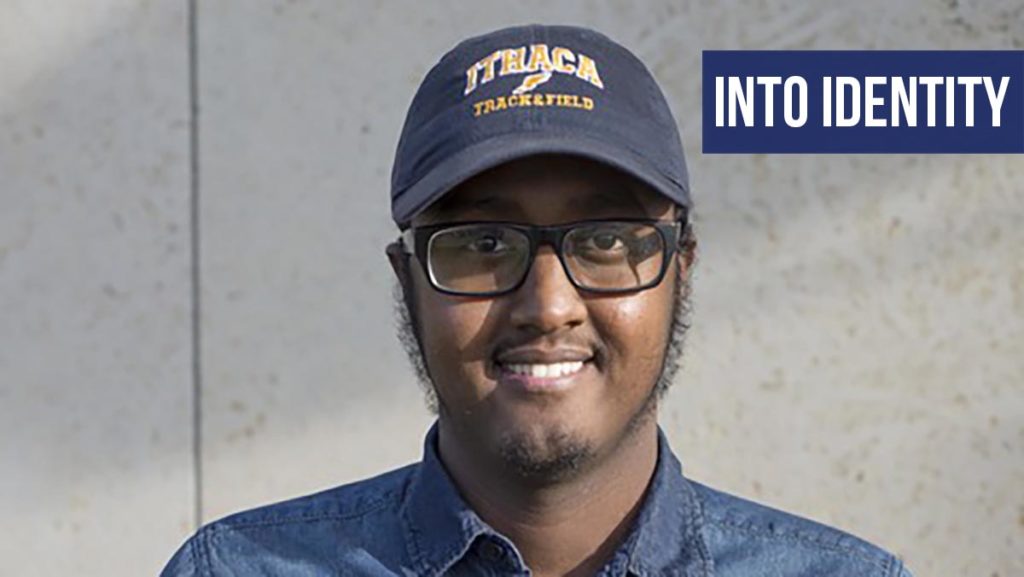Face it: You’re probably racist.
Racism is a systematic oppression based on the perceived value of a person because of the color of their skin. Racism creates social hierarchies that guarantee that one population is valued more, heard more and present more.
In the United States, white-skinned people benefit from racist structures. This does not negate the presence of the patriarchy, homophobia, ableism and all other inequities within our system, but it is fact.
In this systematic oppression, there are rules and laws that protect white skin and rules and laws that punish darker skin. Everyone in the United States is affected by it — some are aware, some are benefiting, some are actively being stripped of basic human dignities.
As a result of these systems of oppression, privilege is assigned to groups, and other groups are barred from it. Some people are privileged and are able to live their lives without being assigned a race, while others are consumed by the thought from sunrise to sundown.
These systematic oppressions are observed in the mass incarceration of marginalized citizens, inequalities in education and income along segregation lines drawn decades ago, and the very way people speak about race today.
I don’t remember when I started associating my identity with a race or a culture, but I can tell you the first time I was called a nigger. I was maybe 5, and the man said it in an inviting manner, how you would offer someone a cup of tea or a seat beside you.
I thought the word was wrong, but the way it was delivered, and the way people reacted, silenced the chills on my young skin.
We cannot continue to protect systems of oppression by claiming to not be racist. The idea of racism is too ingrained in our heads for us to be free of it.
Asking protesters and oppressed people to react “respectfully” to racist acts is the same as the silence that acted as approval for the aforementioned man.
We have to understand that protecting ignorance and privilege is racist. Ignorance is not an excuse for racism. Racism cannot be removed in one phrase or overnight. Thus we must all be conscious in combating it by taking responsibility and taking action.
When one is accustomed to privilege, equality feels like oppression.
We are at war for human dignity, and no one should dignify ignorance’s existence by tolerating it as an excuse.





